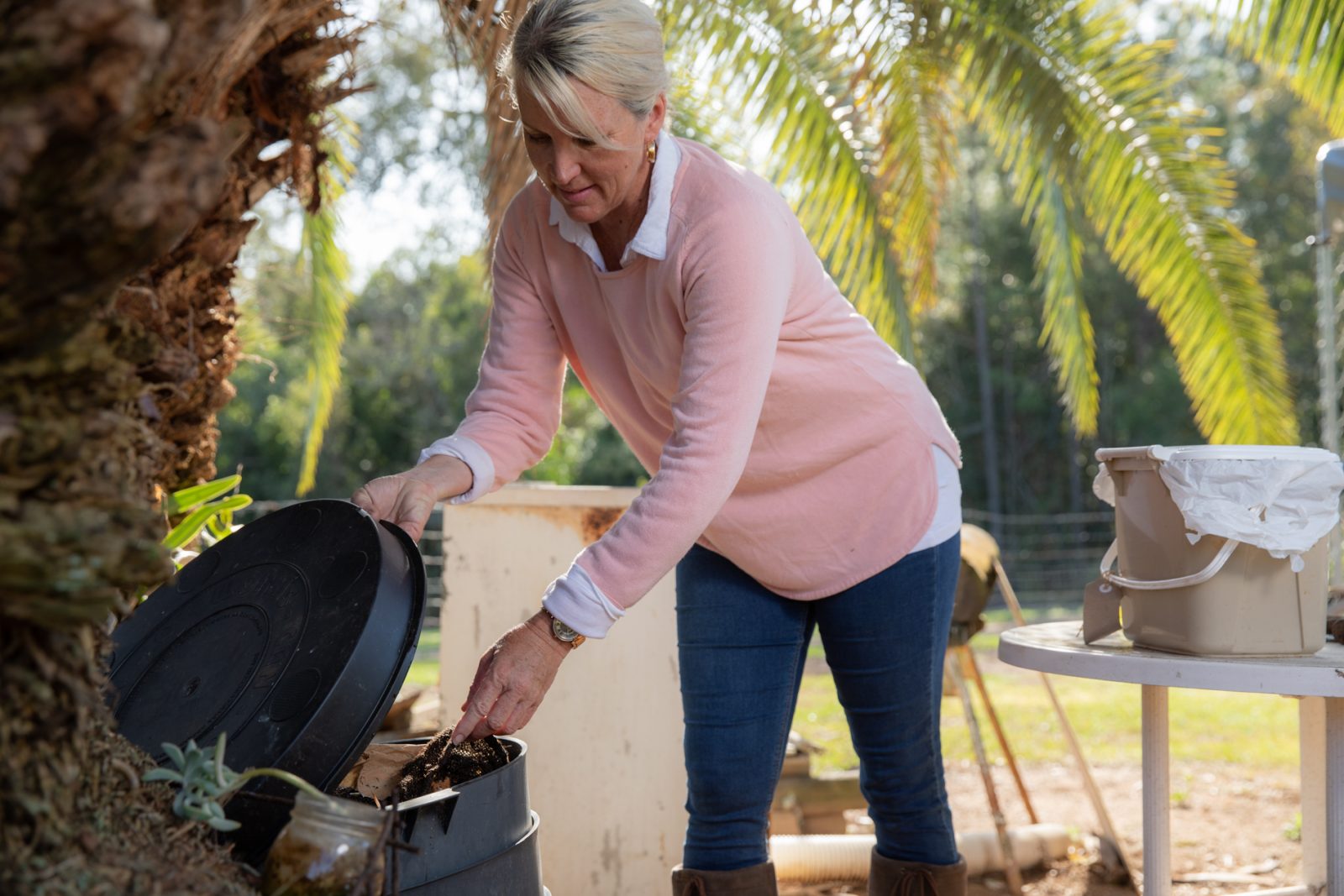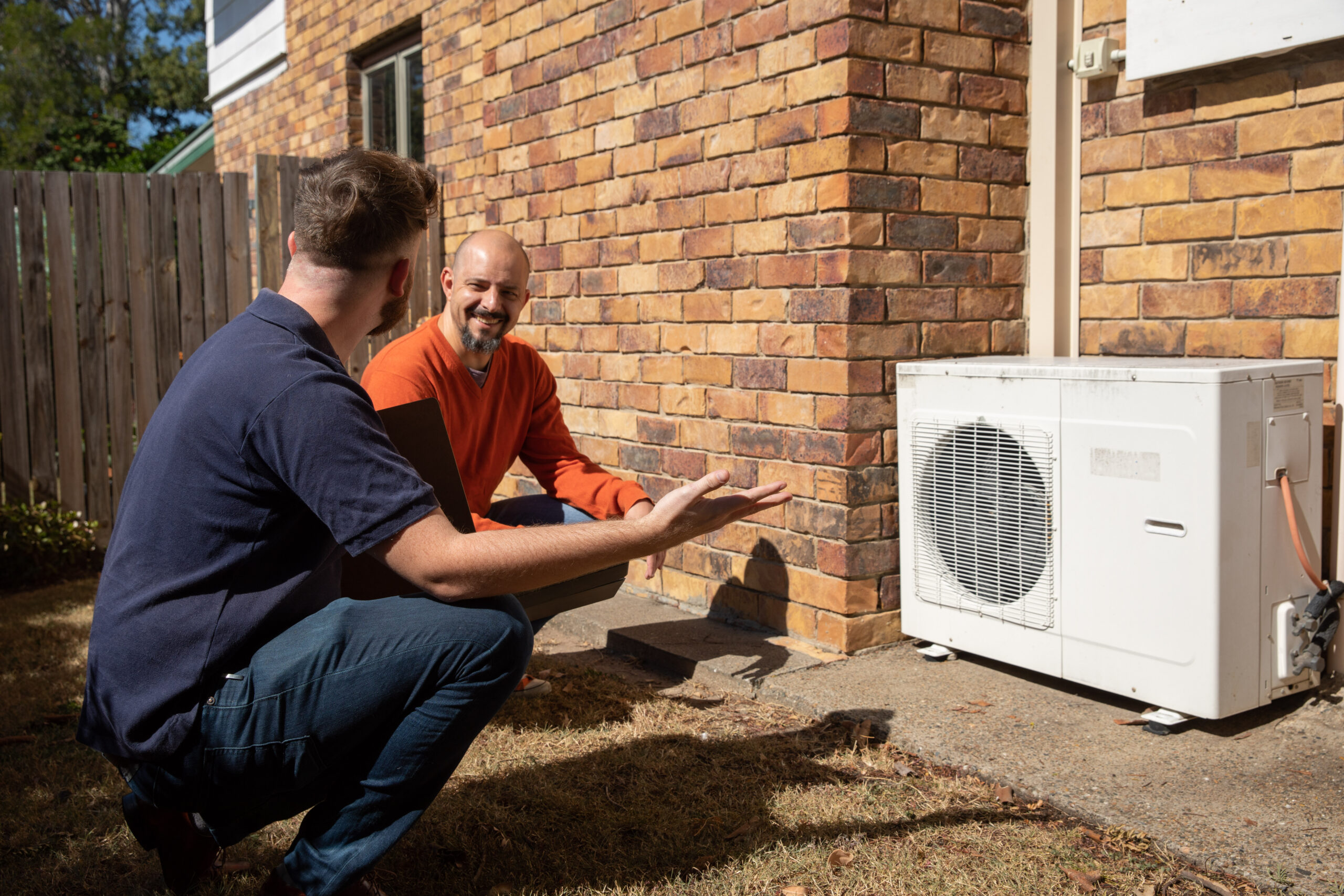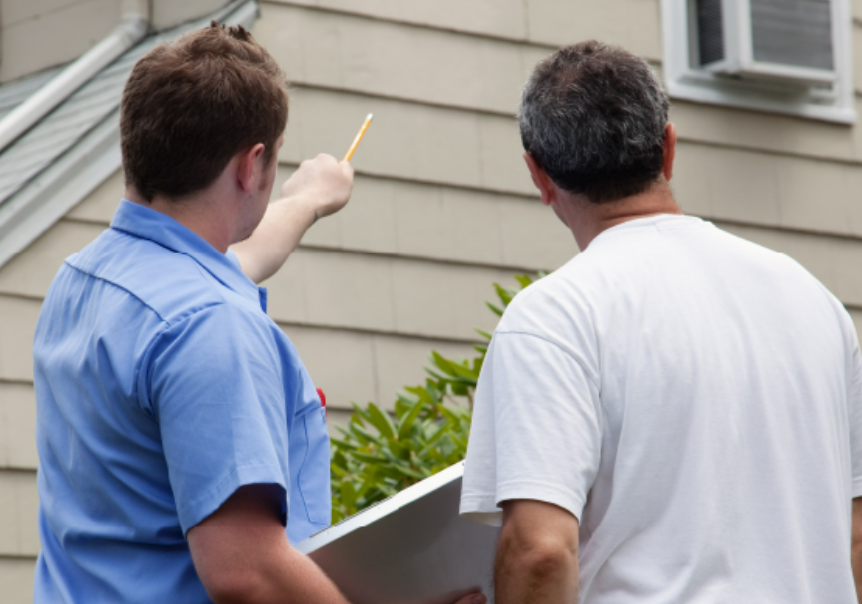The Grugeon / Dillon household
The story of a Brisbane Carbon Challenge champion household.
Household:
COUPLE
Dwelling:
HOUSE
Ownership:
OWN
Total emissions reduction: 76%
Original emissions:
8.9 tonnes
Transport: 3.1 tonnes
Energy: 5.2 tonnes
Waste: 1 tonnes
Reduced emissions:
2.2 tonnes
Transport: 1.9 tonnes
Energy: 0.2 tonnes
Waste: 0.1 tonnes
About the household
James Grugeon and Jo Dillon are two busy professionals in the creative industries and sustainability sector, so it was important for them to walk the sustainability talk in their personal lives too. The Brisbane Carbon Challenge was the perfect opportunity for the couple to get a baseline understanding of their carbon footprint and focus on actions across transport and energy efficiency to reduce their emissions by an impressive 76%.
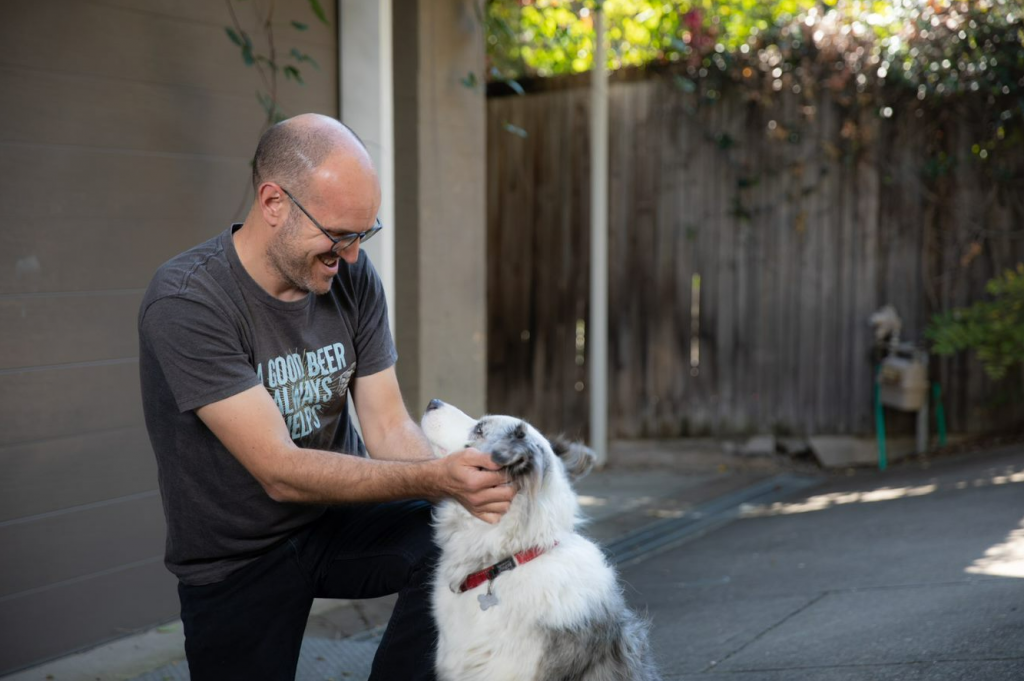
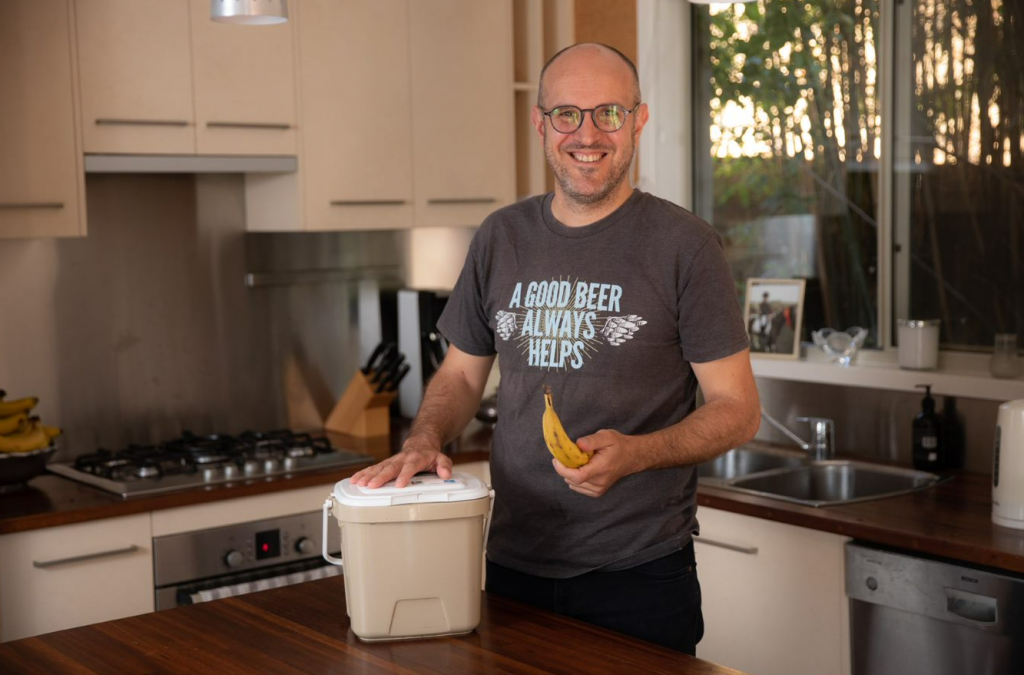
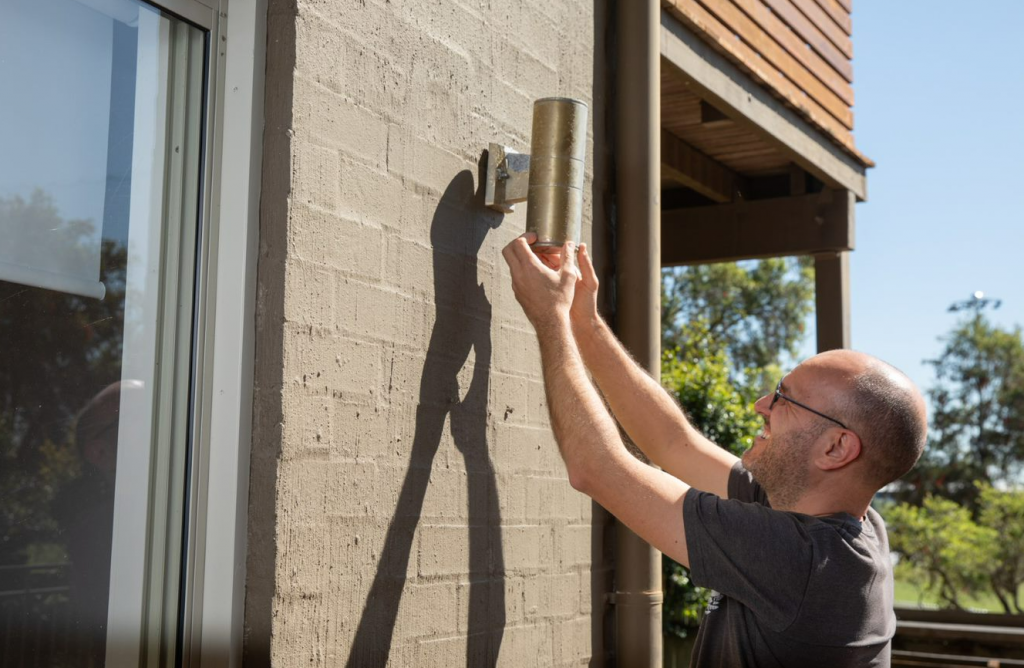
“The Brisbane Carbon Challenge was relatively easy, it made our lives better, it was fun and you can do it too! Imagine if every household in Australia had access to a program like this?“
James Grugeon
Successes
Making uber changes to travel
Working in sustainability, James understands the environmental impact of driving and doesn’t own a car. Despite his good intentions, James’ work and lifestyle required him to use ride-sharing services more than he would have liked. During the Brisbane Carbon Challenge, James purchased a bike to adopt active travel instead of ride-sharing. The couple started using the bike for short trips and public transport for those longer distances and terrains that would have typically required ride-sharing services.
This combined increase in active travel and public transport use helped James and Jo reduce their transport emissions by 36%!
Upgrading energy emissions
As energy use was responsible for 58% of the household’s carbon emissions, James and Jo made this a big focus of their low-carbon lifestyle. They learnt smart investments and a few changes with their appliances and lighting could make a big difference. Their impressive list of changes included, ‘installing energy efficient light globes in every light fitting, removing energy vampires, buying a new energy efficient dishwasher and switching off stuff we don’t need throughout our home.’
Energy ‘vampires’ are appliances and services in your home that consume a disproportionally large amount of energy compared to their minimal contribution to the household. The second fridge in many Australian households’ garages is a great example of an energy vampire. James and Jo thought seriously about whether they needed their second fridge and decided they were happy to remove it, lowering their emissions and bills in the process. To remove the fridge, they reached out to a local social enterprise specialising in e-waste, ensuring the appliance was recycled and disposed of in a sustainable manner.
Challenges
Timing the renewables transition
James and Jo were excited to install a solar system to power their home with energy from the sun during the day. However, life got in the way and new circumstances made it difficult to go ahead with the plan.
Still determined to reduce their energy emissions, the couple contacted their energy retailer and switched to a 100% GreenPower renewable energy plan. GreenPower provides an alternative to keep their emissions down until they can install a solar system. Read more about how switching to GreenPower can entirely offset your energy emissions.
James’ top tip:
‘Take the first step – measure your household carbon emissions now and sign up for advice and support.’
James and Jo’s low carbon action plan:
- reduced ride-share use with active transport (cycling)
- reduced ride-share use with public transport (ferry)
- purchased 100% renewable energy (GreenPower)
- washed clothes using cold water
- upgraded dishwasher to a more efficient model
- used fans instead of the air conditioner
- reduced pool pump running time
- removed extra fridge
- switched off lights when not in use
- upgraded lighting with LED lights
- switched off appliances at the wall when not in use
- reduced food waste
- composted food waste.


